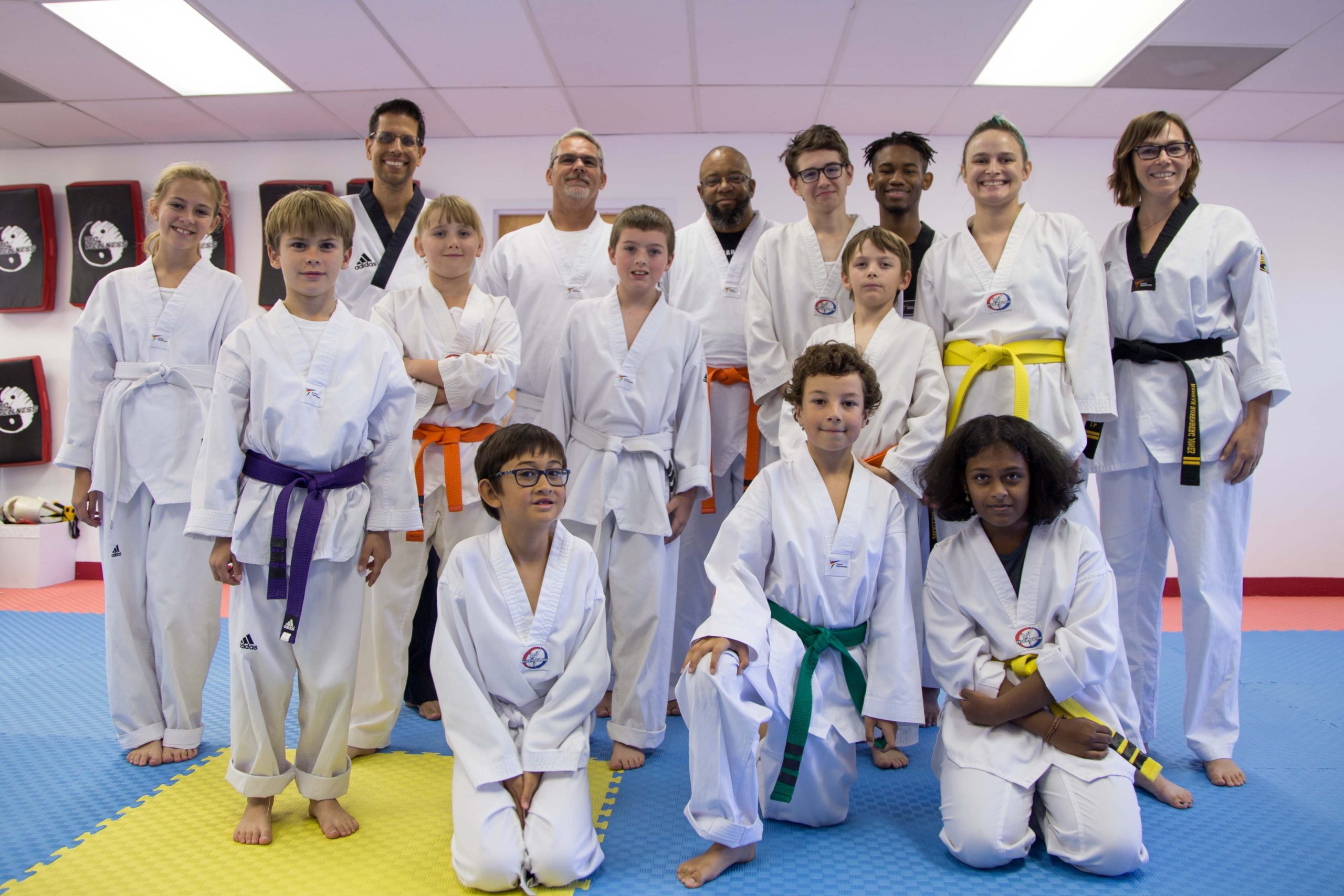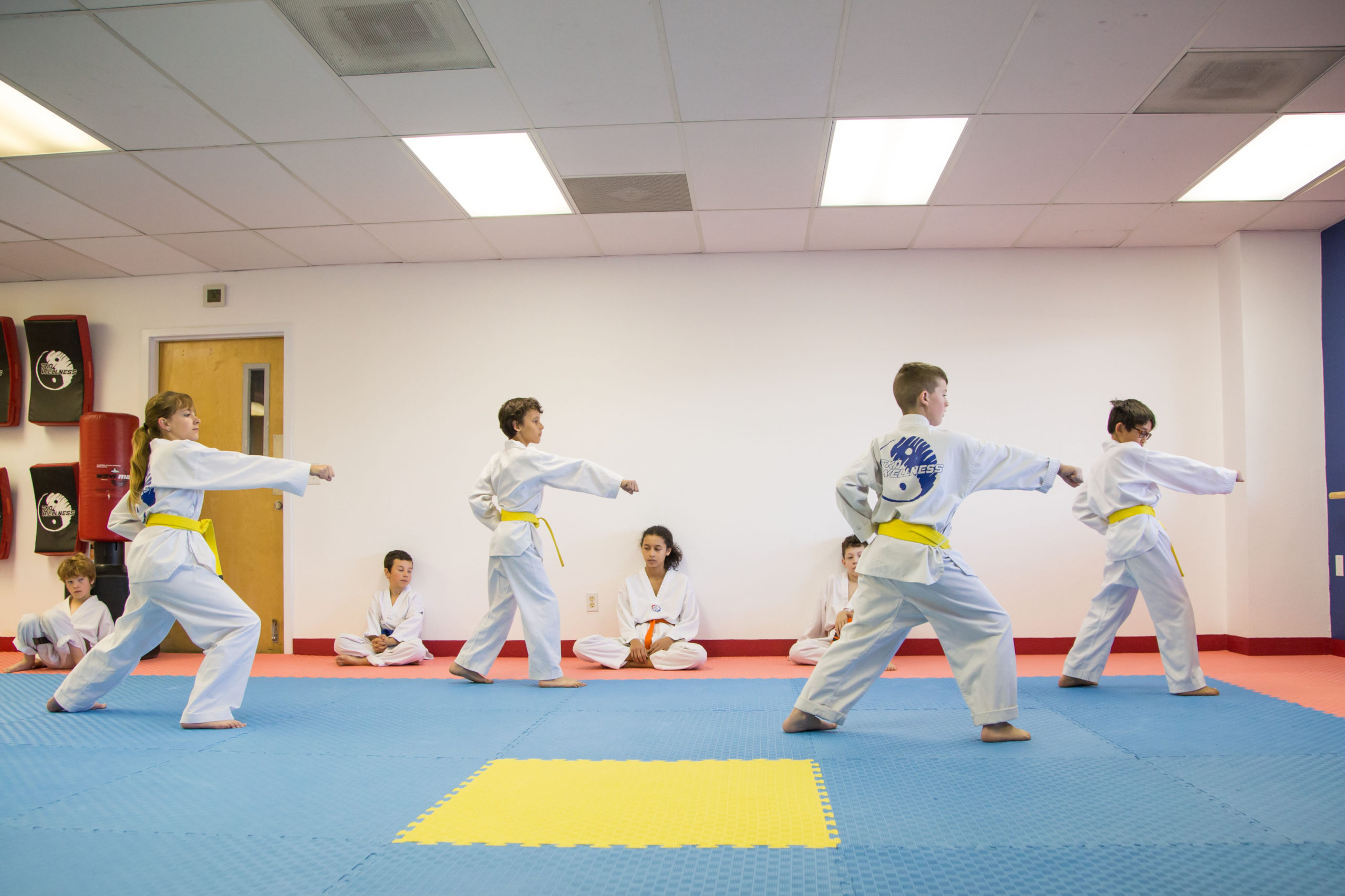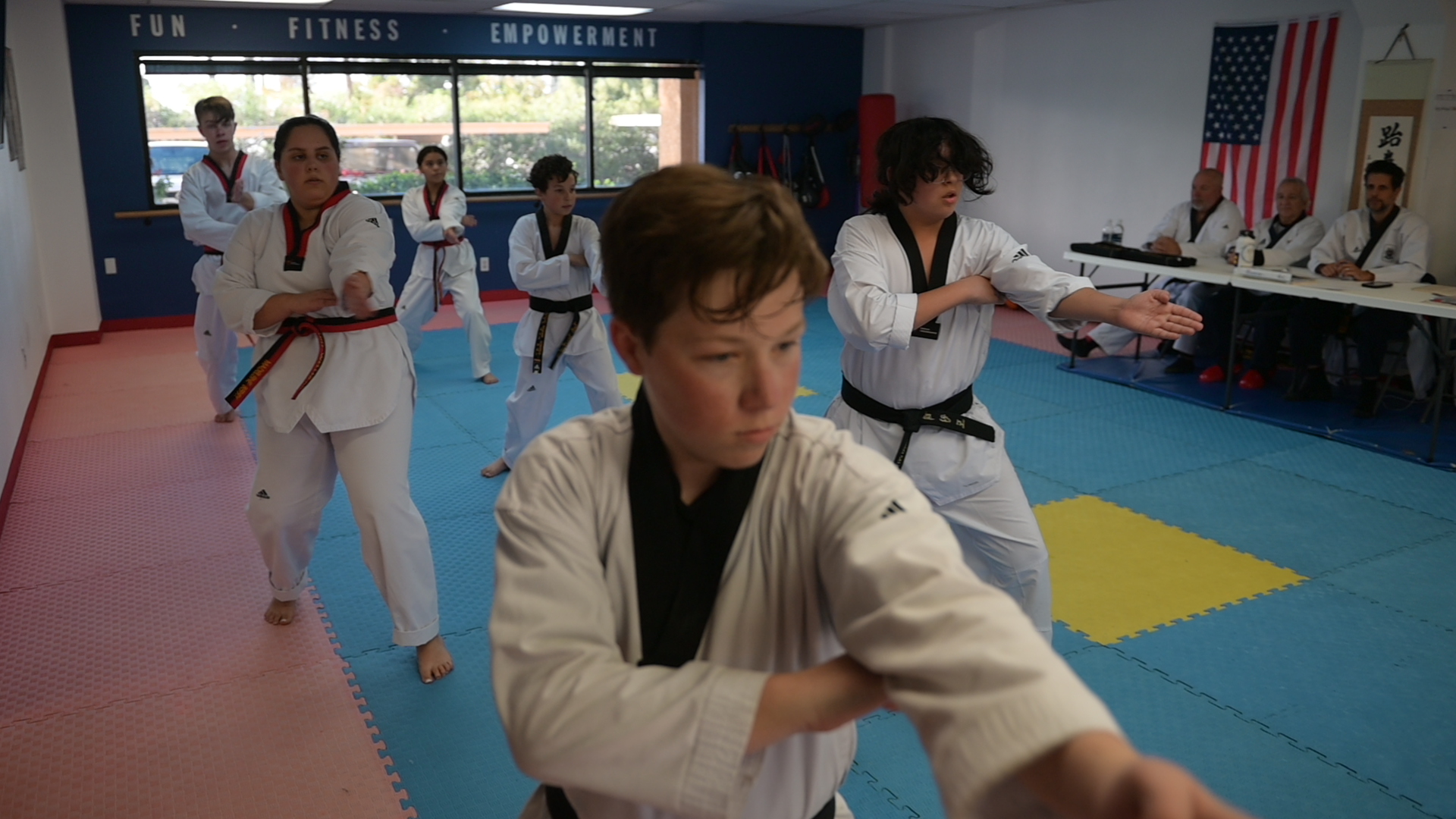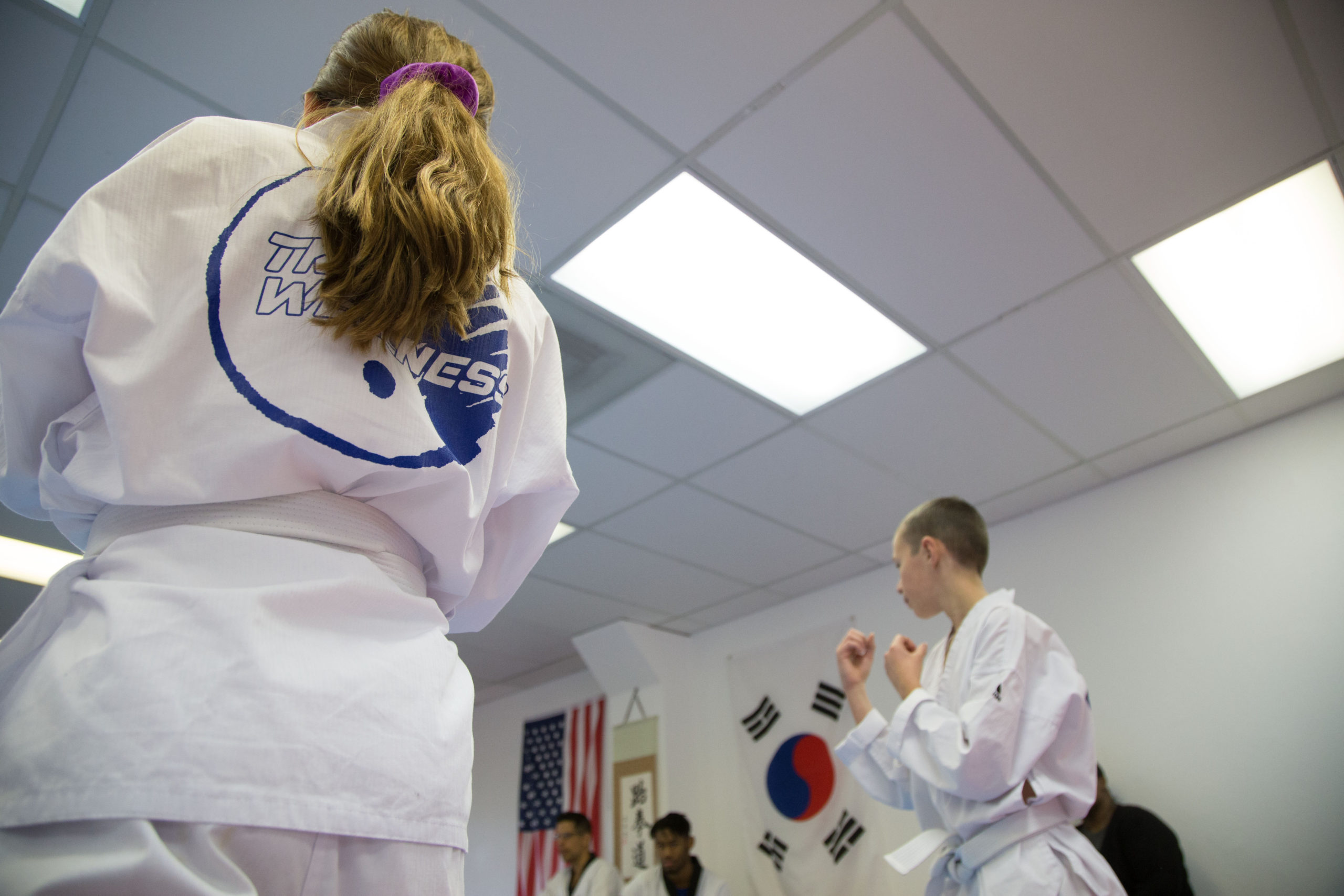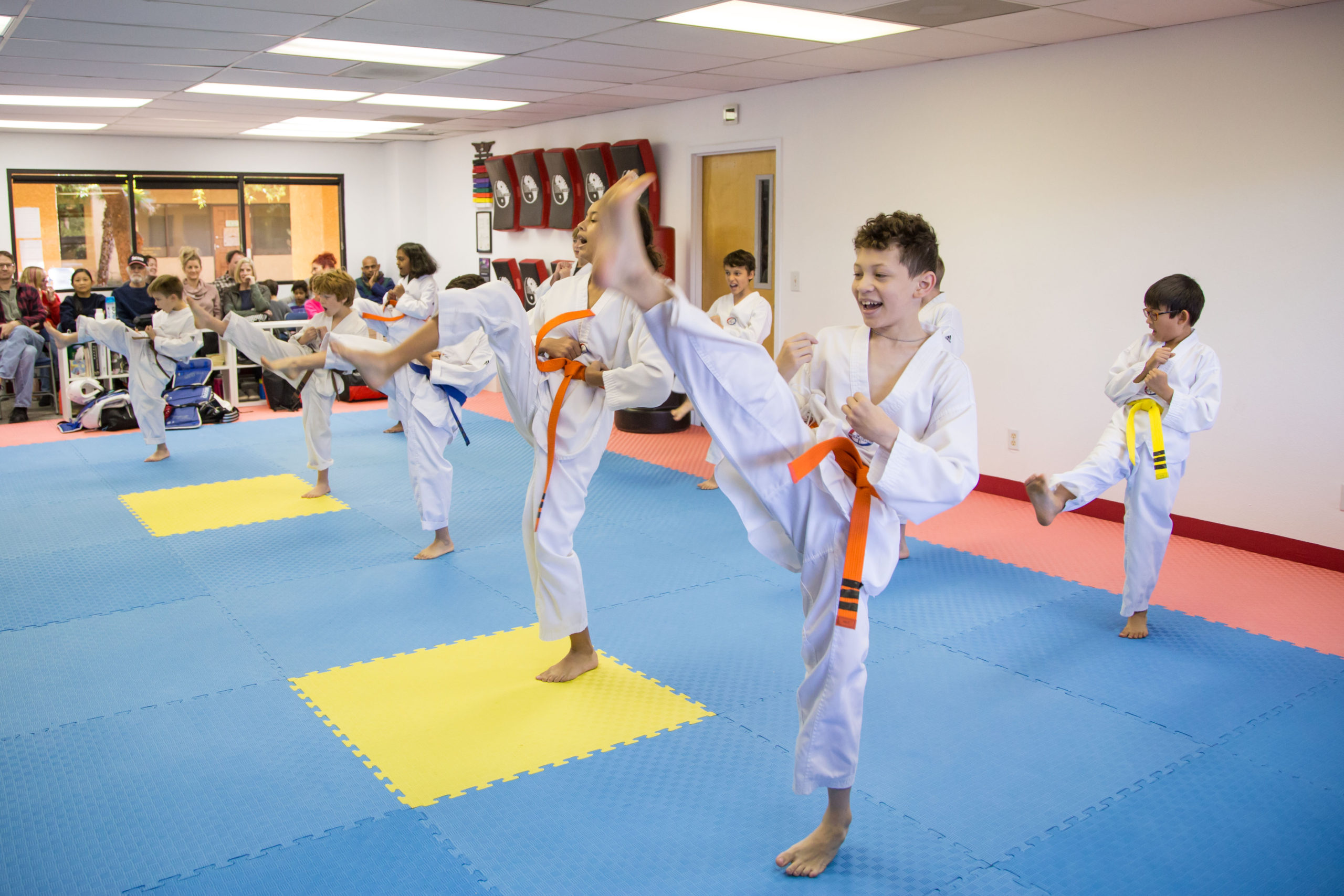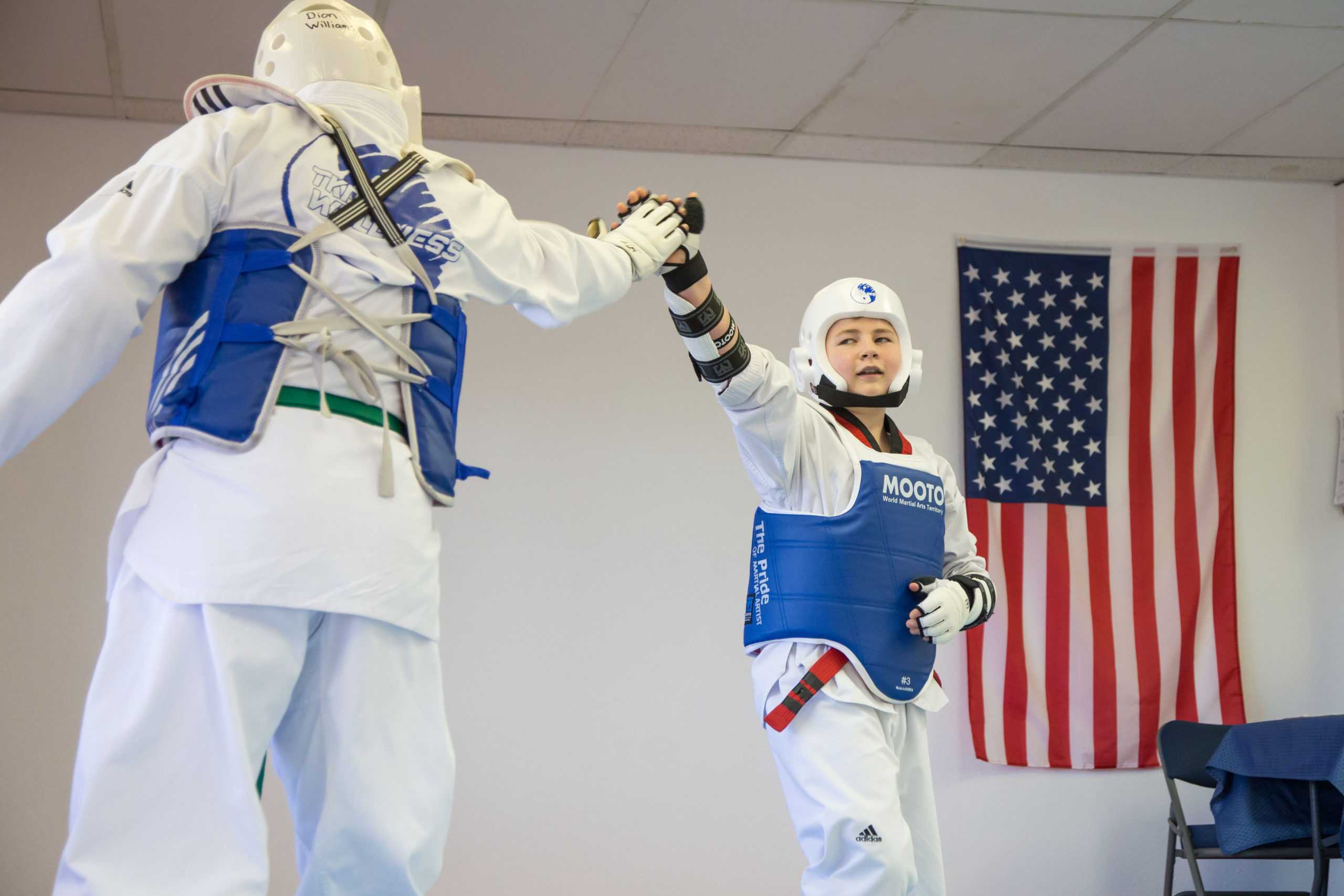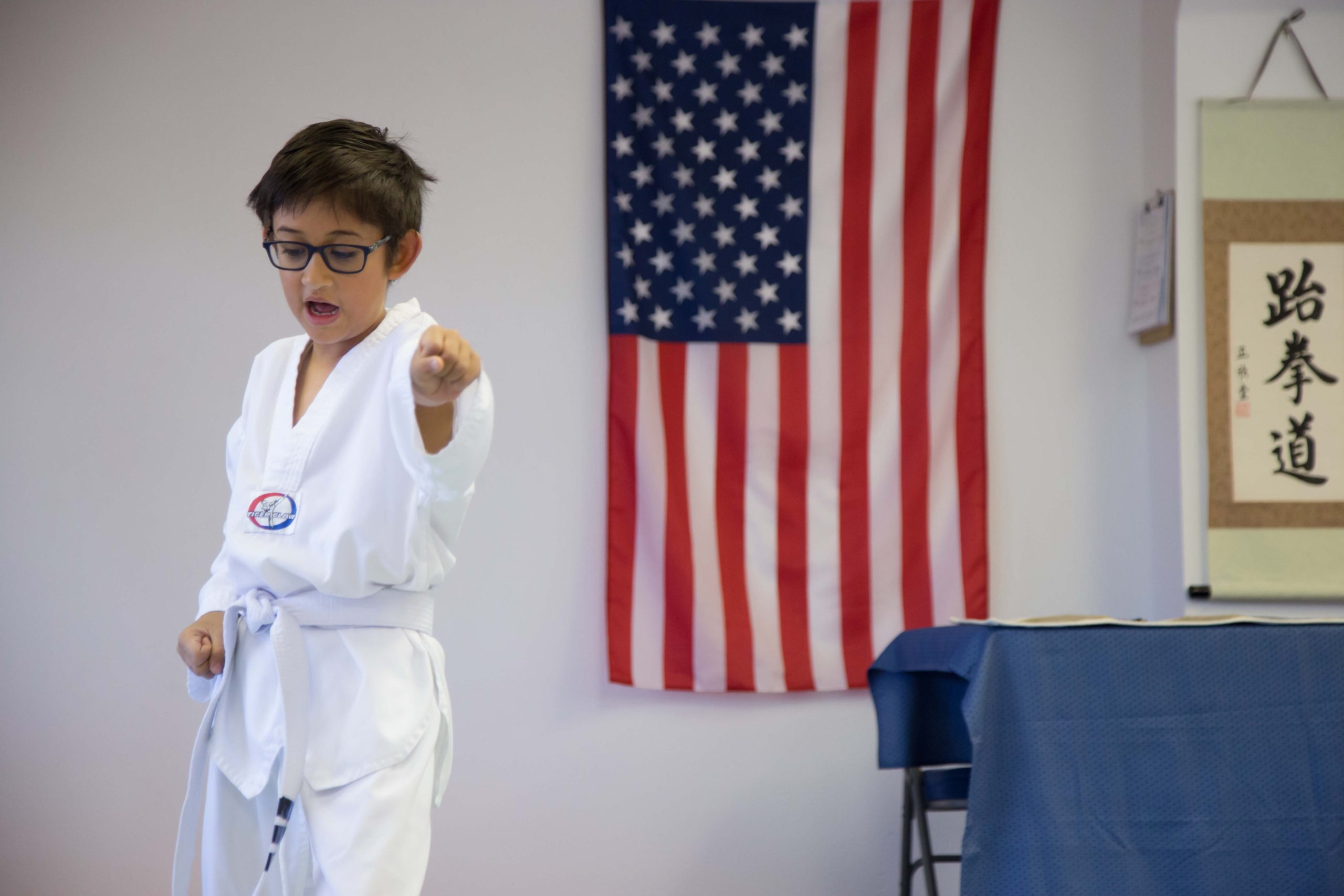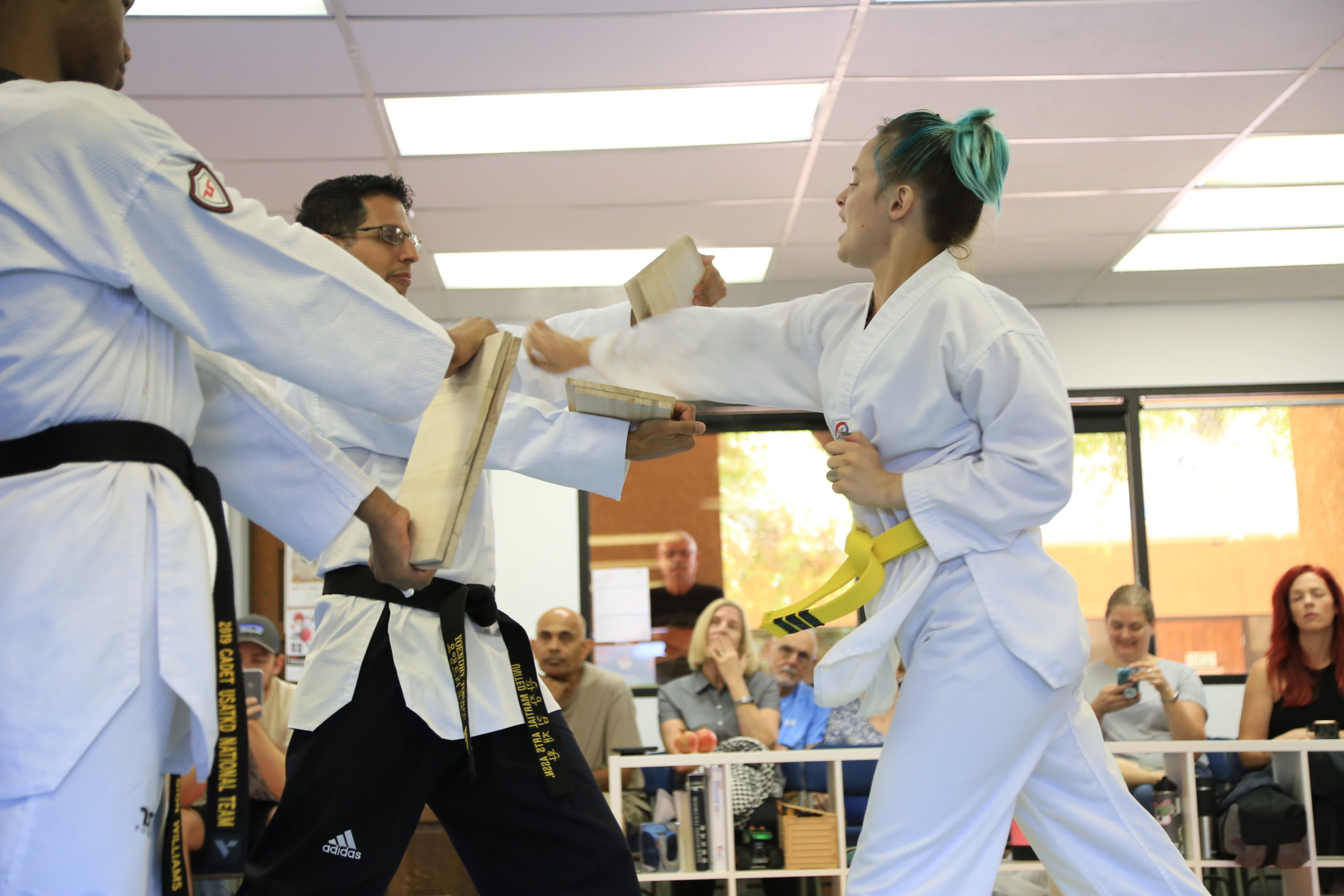
Taekwondo is a highly physical sport that requires a combination of strength, speed, and flexibility. Among the many techniques used in the sport, the side kick is one of the most powerful and effective. However, to execute a side kick with precision and power, it is essential to have adequate flexibility in the muscles involved. In this article, we will provide a guide on stretching exercises to help you improve your side kick flexibility and take your taekwondo skills to the next level.
The Science of Stretching
Stretching is an essential part of any physical activity, and Taekwondo is no exception. It helps to prepare the muscles for the demands of training and competition, and also aids in recovery. There are two main types of stretching: static and dynamic. Static stretching involves holding a position for a set amount of time, typically 15-30 seconds. Dynamic stretching involves movement, such as leg swings or arm circles. Both types of stretching have their benefits and should be incorporated into a comprehensive stretching routine.
When stretching, it’s essential to use proper technique. This means moving slowly and smoothly into the stretch, avoiding bouncing or jerking movements. It’s also essential to listen to your body and not push beyond your limits. A little discomfort is normal, but pain should be avoided.
To achieve the best results, stretching should be incorporated into your training routine on a regular basis. It’s recommended to stretch at least three times a week, ideally after a warm-up and again after training.
Essential Stretching Exercises
Now that you understand the importance of stretching and proper technique, let’s take a look at some essential exercises that will help improve your side kick flexibility.
- Quadriceps stretch: Stand with your feet hip-width apart, and bend your right knee, bringing your heel towards your buttocks. Hold the ankle of your right foot with your right hand, and press your hip forward, feeling the stretch in the front of your thigh. Hold for 15-30 seconds, then switch sides.
- Hamstring stretch: Sit on the ground with your legs straight out in front of you. Reach forward and try to touch your toes. Keep your back straight and hold for 15-30 seconds.
- Glute stretch: Lie on your back with your knees bent and both feet on the ground. Cross your right ankle over your left knee. Use both hands to gently pull your left knee towards your chest, feeling the stretch in your right glute. Hold for 15-30 seconds, then switch sides.
- Abdominal stretch: Sit on the ground with your knees bent and both feet on the ground. Lean forward and place your hands on the ground next to your knees. Keep your back straight and hold for 15-30 seconds.
- Hip joint stretch: Sit on the ground with your legs straight out in front of you. Cross your right ankle over your left knee. Gently press down on your right knee with your left hand, feeling the stretch in your hip joint. Hold for 15-30 seconds, then switch sides.
Tips for Stretching Success
To achieve the best results from your stretching routine, it’s essential to be consistent and patient. It may take some time to see improvement, but with regular practice, you will notice a difference in your flexibility.
It’s also essential to avoid common stretching mistakes, such as bouncing or overstretching. Remember to listen to your body and move slowly and smoothly into the stretch.
Incorporating dynamic stretching into your warm-up and static and/or PNF into your cool-down routine is also an effective way to improve flexibility. A proper warm-up will prepare your muscles to move safely in a full range of motion during your training session.
In conclusion, remember to always warm up before stretching and never push beyond your limits. Incorporating these exercises into your regular training routine can help improve your side kick flexibility and technique. As with any sport, consistency is key, so make sure to stretch regularly to see the best results.
Written by AI & Reviewed by Clinical Psychologist & Head Coach: Yoendry Torres, Psy.D.
Disclaimer: Please note that some blog posts may contain affiliate links and Sana Network will earn a commission if you purchase through those links at no additional cost to you. We use all of the products listed and recommend them because they are companies or products that I have found helpful and trustworthy. Our website is supported by our users.
